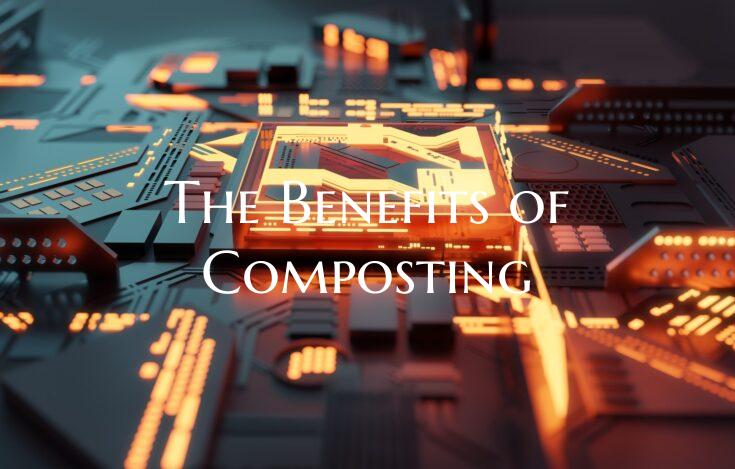The Benefits of Composting
Composting is a simple and effective way to reduce waste while benefiting both the environment and your garden. As organic matter breaks down in a compost pile, it creates nutrient-rich soil that can be used to improve soil health and grow healthier plants. There are numerous benefits associated with composting that make it a sustainable practice for individuals and communities.
One of the primary benefits of composting is the reduction of landfill waste. By diverting organic materials such as food scraps, yard waste, and paper products from landfills, composting helps to reduce greenhouse gas emissions and minimize the production of harmful leachate that can contaminate soil and water sources. This not only helps to alleviate the strain on landfill capacity but also contributes to a cleaner and healthier environment.
Composting also plays a crucial role in soil health and fertility. The nutrient-rich compost created through the decomposition of organic matter provides essential nutrients for plants, improving soil structure, moisture retention, and microbial activity. By adding compost to garden beds, lawns, and potted plants, gardeners can enhance the vitality of their plants and reduce the need for synthetic fertilizers, which can have negative environmental impacts.
In addition to improving soil health, composting can help to suppress plant diseases and pests. The beneficial microorganisms present in compost can help to naturally prevent the growth of harmful pathogens, reducing the need for chemical pesticides and fungicides. By creating a balanced and resilient ecosystem in the soil, composting fosters healthy plant growth and can lead to higher yields and better-quality fruits and vegetables.
Furthermore, composting helps to conserve water by improving soil structure and increasing its ability to retain moisture. In drought-prone regions, adding compost to garden beds can help plants withstand periods of limited rainfall and reduce the need for frequent watering. This water-saving benefit not only promotes sustainable gardening practices but also contributes to water conservation efforts in communities facing water scarcity.
Overall, the benefits of composting extend far beyond the simple act of recycling organic waste. By embracing composting as a sustainable practice, individuals can reduce waste, enrich soil, support plant health, conserve water, and contribute to a more environmentally friendly way of living. Whether you are a seasoned gardener or a beginner looking to make a positive impact, composting is a valuable and rewarding practice that can benefit both you and the planet.

